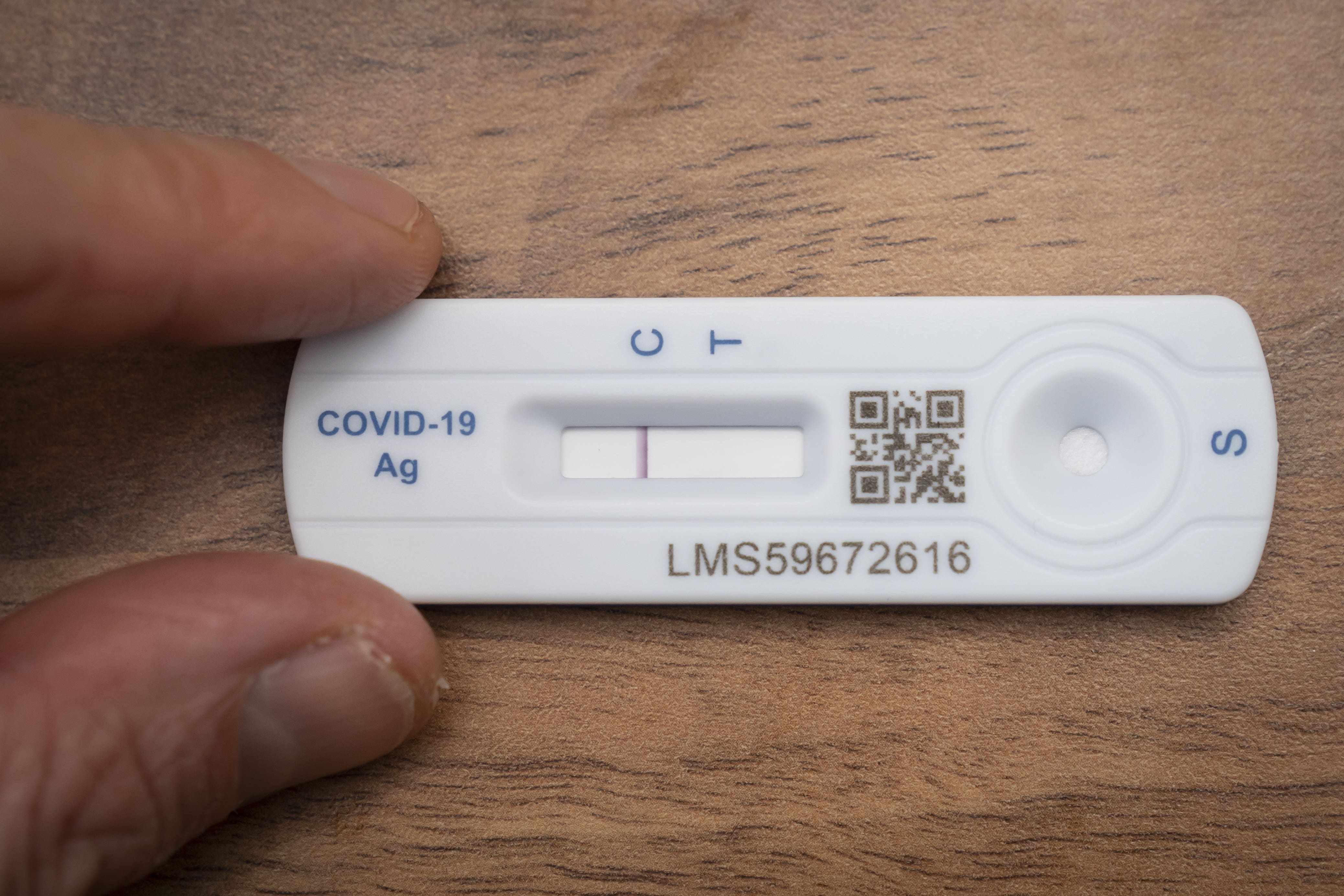UKHSA to stop publishing Covid modelling data in January
The R range and growth rate for England had been published weekly during the height of the pandemic, and fortnightly since April this year.

The UK Health Security Agency will stop publishing modelling data on coronavirus in early January.
Chief data scientist Dr Nick Watkins said the publication of this specific data is “no longer necessary” as the country is living with Covid thanks to vaccines and therapeutics.
The R range and growth rate for England had been published weekly during the height of the pandemic, and fortnightly since April this year.
It was first published in May 2020 for all of the UK, until April 2021 when it was published for England only.
The reproductive rate, the R rate, refers to the number of people an infected person will pass the virus onto.
The UKHSA Epidemiology Modelling Review Group (EMRG) said that, following a detailed review, the next publication of its consensus statement on Covid-19 on January 6 “will be the last”.
It said Covid-19 incidence data will continue to be accessible from the Office for National Statistics infection survey.
Dr Watkins, chairman of the EMRG, said: “During the pandemic, the R value and growth rate served as a useful and simple indicator to inform public health action and Government decisions.
“Now that vaccines and therapeutics have allowed us to move to a phase where we are living with Covid-19, with surveillance scaled down but still closely monitored through a number of different indicators, the publication of this specific data is no longer necessary.
“We continue to monitor Covid-19 activity in a similar way to how we monitor a number of other common illnesses and diseases.
“All data publications are kept under constant review and this modelling data can be reintroduced promptly if needed, for example, if a new variant of concern was to be identified.”
Bookmark popover
Removed from bookmarks